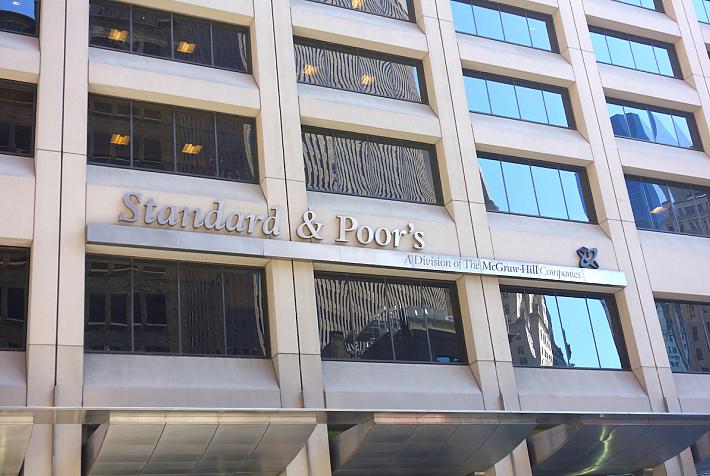British party spreads fears of hordes of Romanians going to UK to scrounge and steal
 British anti-EU party UKIP is making opposition to the expiration of transitional controls on Romanians and Bulgarians central to its political campaign. The UKIP (UK Independence Party) website now features a countdown clock to January 1, 2014, when Romanians and Bulgarians will get their full EU rights to free movement. The party, once described by British PM David Cameron as “fruitcakes, loonies and closet racists,” is also doing well in the opinion polls and taking support away from the major parties.
British anti-EU party UKIP is making opposition to the expiration of transitional controls on Romanians and Bulgarians central to its political campaign. The UKIP (UK Independence Party) website now features a countdown clock to January 1, 2014, when Romanians and Bulgarians will get their full EU rights to free movement. The party, once described by British PM David Cameron as “fruitcakes, loonies and closet racists,” is also doing well in the opinion polls and taking support away from the major parties.
The campaign exploits negative perceptions of Eastern Europeans, appealing to and inciting fears and prejudices. UKIP predicts hordes Romanians and Bulgarians flooding into the UK to scrounge and steal. A UKIP spokesperson said Romanian and Bulgarian immigration is “going to have an impact on schools, housing, roads, facilities, health care and – I hate to say it – crime,” quoted by The Independent. But with predictions of hundreds of thousands arriving, the campaign appears to ignore reality and deliberately mislead.
Speaking to BBC program Newsnight, Dr Mircea Kivu, a sociologist and commentator in Bucharest, said that large scale emigration from Romania to the rest of Europe had been and gone. Many Romanians have emigrated to Italy and Spain, which chose not to maintain the same strict transitional controls. Added to this, a number of other EU countries will be lifting transitional controls at the same time, which should mean that Romanian and Bulgarian immigration is more evenly spread throughout the Union.
Anti-EU politicians and commentators are keen on giving large scale immigration to the UK from 2004 from Eastern Europe. What they do not mention is the marked differences in the situation. At that time, the UK was the only large economy to offer open access to new member states.
Migration specialists have predicted far lower numbers, from 10,000 to 20,000, but UKIP's campaign seems to be finding favor with the British public. The party is taking votes away from the major parties, particularly leading coalition member, The Conservative Party. According to the Bloomberg news service, support for UKIP has risen from around 3 percent in 2010 to 16 percent at present.
Liam Lever, liam@romania-insider.com
picture source: ukip.org











